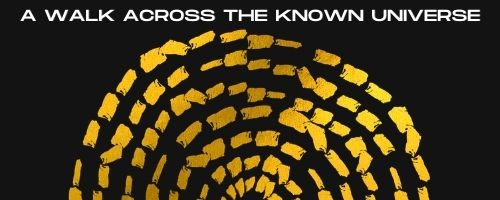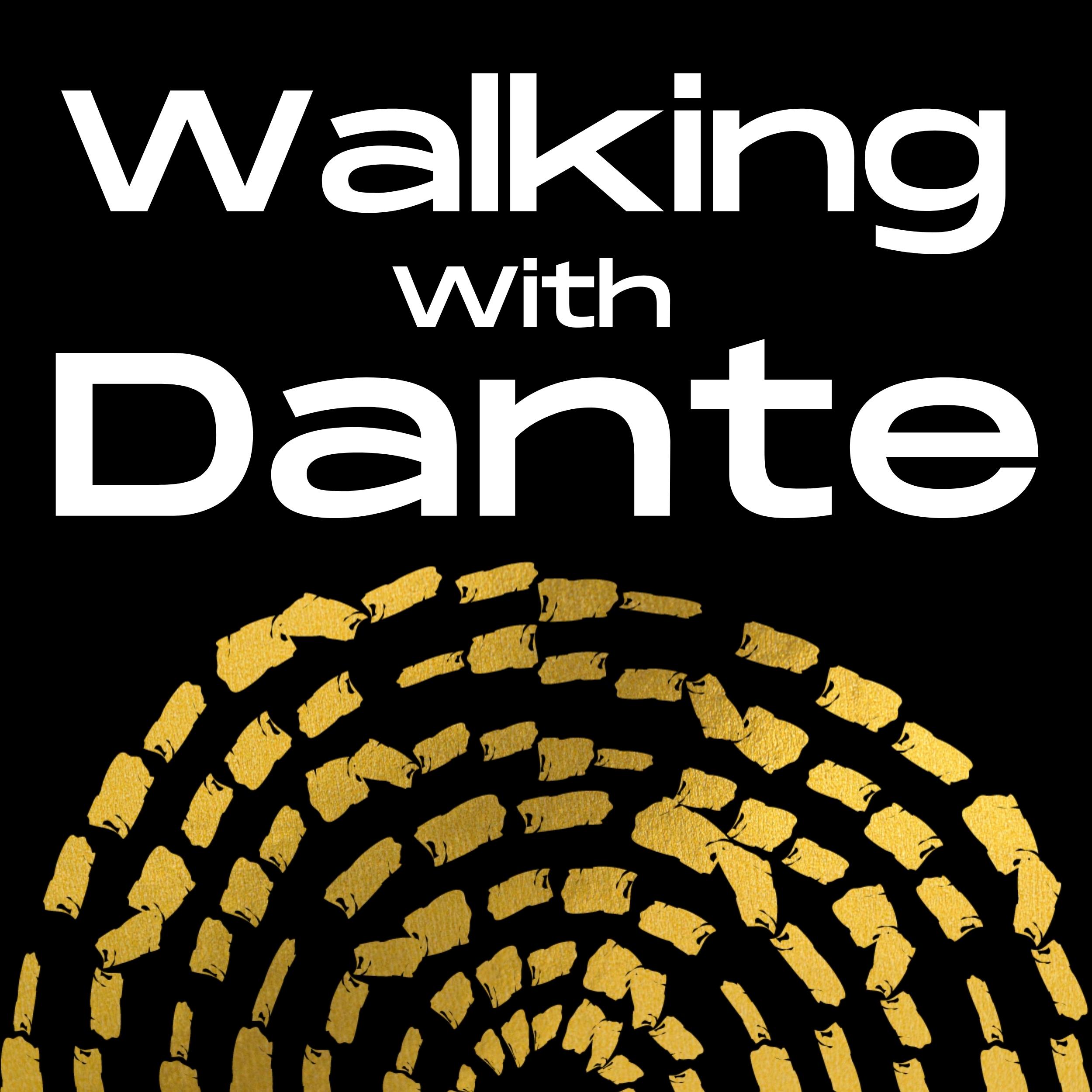Episode 17
Welcome To Virgil's Home Turf: INFERNO, Canto IV, Lines 1 - 45
Along with our pilgrim and Virgil, we take the first steps into the first circle of hell, the "real deal" of INFERNO.
As you might imagine, we encounter some difficulties--mostly theological, although maybe also related to Virgil and perhaps even our poet in the background behind it all.
Join me, Mark Scarbrough, as we come to the first circle of hell, Dante's "get-out-of-jail" card . . . and to a passage that may express the poet's ambivalence with his own theology and maybe even the art he's creating.
To help underwrite this episode, please consider a one-time donation or a small monthly stipend using this PayPal link right here.
Here are the sections of this episode of WALKING WITH DANTE:
[01:34] A confession on my part and a summary of the poem's plot so far.
[03:19] My English translation of INFERNO, Canto IV, lines 1 - 45. If you want to check out these lines, find a larger study guide with lots of questions, or even continue the conversation with me by a comment, look for its entry on my website, markscarbrough.com.
[06:16] As Dante wakes up, I offer ideas about the very real problem of revising what you write in a world of limited resources.
[09:11] Seeing is believing! But where does that put the reader of this poem?
[10:35] An interpretive knot about the thunder and the wailing--and a bit about the architecture of hell itself.
[12:20] Virgil turns pale. How does a "shade" turns pale? Fair enough, but why? That's an even harder question. Virgil explains it. Should we believe him?
[19:27] Limbo is definitely in hell . . . but only for Dante, not for the church.
[22:15] Virgil's petulance and his explanation for why he's in Limbo (that is, why he's damned, in terms of the poem).
[25:49] The terms of Virgil's damnation seem to have changed: He had been a rebel against God's law but now he's "simply" someone who lacks a baptism.
[28:21] Virgil's equivocation, Dante's response, and the strange notion of being "suspended," which came up much earlier in Canto II.
[31:25] A strange interpretive theory: Beatrice appeared to Virgil as Virgil would expect to see her. If so, the problem is (and has been) Virgil's point of view.
Mentioned in this episode:
A brief introduction to the walk ahead


